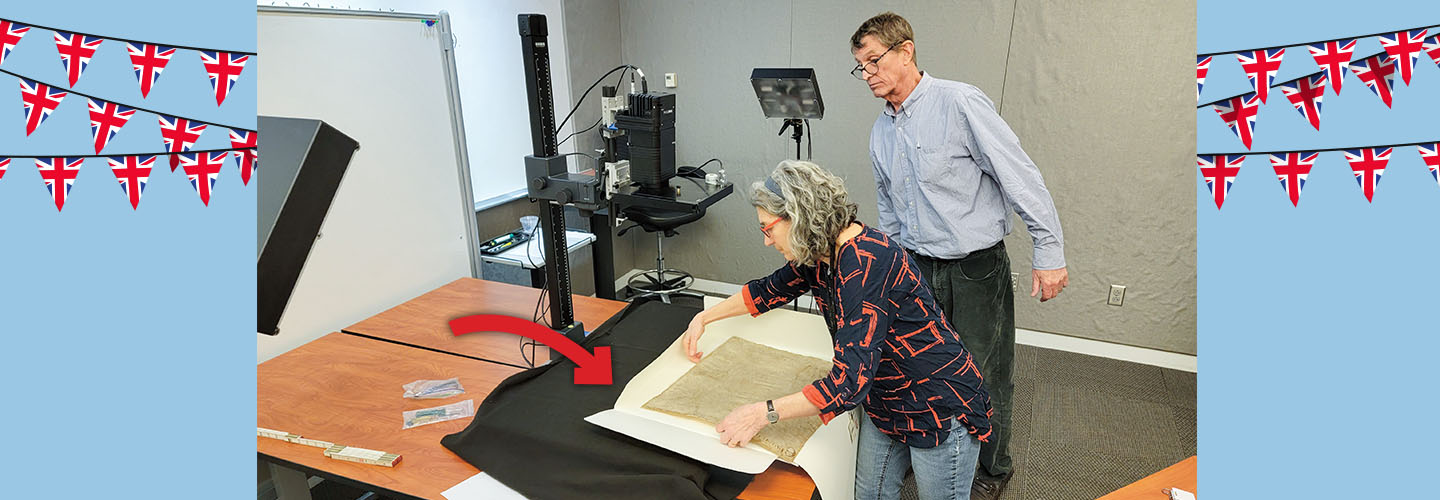In 1946, officials at Harvard Law School in Cambridge, Massachusetts, bought a copy of a famous document called the Magna Carta. They paid less than $28 for it. But the document is likely worth millions of dollars. Why? It’s not a replica—it’s one of only seven originals left in the world!
David Carpenter is a professor at King’s College London in England. He made the discovery while reviewing the document online. He couldn’t believe it had gone unnoticed for nearly 80 years.
“I was astonished and excited,” Carpenter says. “It was the real deal.”
The Magna Carta was first signed in 1215 by King John of England. The document says that kings must obey laws like everyone else. It also protects the rights of ordinary people.
Over the next several decades, the Magna Carta was revised many times. The last revision took place in 1300, the year the version at Harvard was created.
The Magna Carta played an important role in American history too. Our nation’s founders used it as inspiration when writing the Declaration of Independence nearly 250 years ago.
Carpenter spent about a year reviewing Harvard’s Magna Carta. He compared it with the six other originals, reading every word and reviewing the handwriting.
“It was nerve-racking,” explains Carpenter. “But it matched up exactly.”

